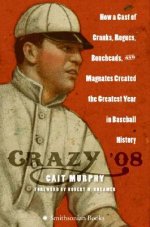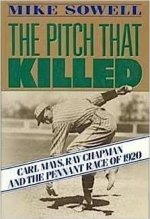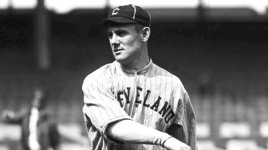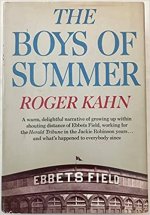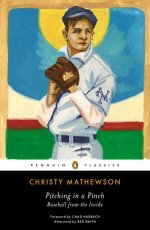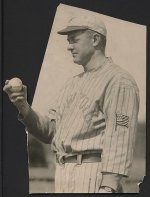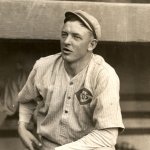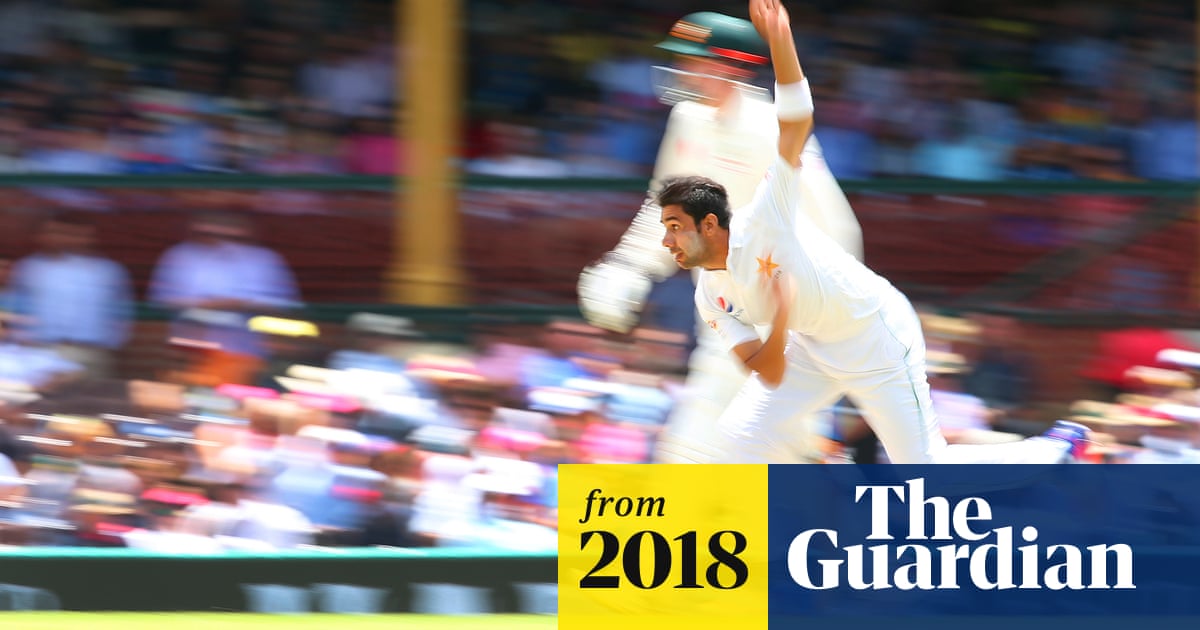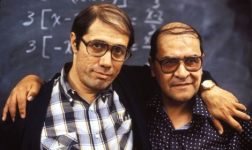Patrick Murtha
Reader
I’m not as much “into” sports as I used to be, because everything has gotten pretty ugly (just like real life). But I still like sports history, especially baseball, and there is good sports fiction too. As with true crime, a good sports book will inevitably have an interesting sociological dimension.
Among baseball novels, I particularly recommend Bernard Malamud’s The Natural (I don’t like the movie, which alters the ending and glosses up everything) and Robert Coover’s The Universal Baseball Association,
Here are sone non-fiction sports books, again mostly baseball, that I have read recently.
Edward Achorn, Fifty-nine in ‘84 (I love 19th Century baseball…)
Edward Achorn, The Summer of Beer and Whiskey (…of which Ed Achorn is the expert)
H.G. Bissinger, Friday Night Lights: A Town, A Team, and A Dream (good bestseller)
Laura Hillenbrand, Seabiscuit: An American Legend (ditto)
Roger Kahn, The Boys of Summer (see post below)
Michael Lewis, Moneyball: The Art of Winning an Unfair Game (another good bestseller)
Christy Mathewson, Pitching in a Pinch: Baseball from the Inside (see post below)
Matt McCarthy, Odd Man Out: A Year on the Mound with a Minor League Misfit (entertaining)
Cait Murphy, Crazy ‘08 (that’s 1908. See post below)
Burt Solomon, Where They Ain’t (1890s Baltimore Orioles, excellent book)
Mike Sowell The Pitch that Killed (moving account of death of Ray Chapman)
Neal Thompson, Driving with the Devil (the birth of NASCAR, here’s that sociological dimension I spoke of)
Among baseball novels, I particularly recommend Bernard Malamud’s The Natural (I don’t like the movie, which alters the ending and glosses up everything) and Robert Coover’s The Universal Baseball Association,
Here are sone non-fiction sports books, again mostly baseball, that I have read recently.
Edward Achorn, Fifty-nine in ‘84 (I love 19th Century baseball…)
Edward Achorn, The Summer of Beer and Whiskey (…of which Ed Achorn is the expert)
H.G. Bissinger, Friday Night Lights: A Town, A Team, and A Dream (good bestseller)
Laura Hillenbrand, Seabiscuit: An American Legend (ditto)
Roger Kahn, The Boys of Summer (see post below)
Michael Lewis, Moneyball: The Art of Winning an Unfair Game (another good bestseller)
Christy Mathewson, Pitching in a Pinch: Baseball from the Inside (see post below)
Matt McCarthy, Odd Man Out: A Year on the Mound with a Minor League Misfit (entertaining)
Cait Murphy, Crazy ‘08 (that’s 1908. See post below)
Burt Solomon, Where They Ain’t (1890s Baltimore Orioles, excellent book)
Mike Sowell The Pitch that Killed (moving account of death of Ray Chapman)
Neal Thompson, Driving with the Devil (the birth of NASCAR, here’s that sociological dimension I spoke of)

